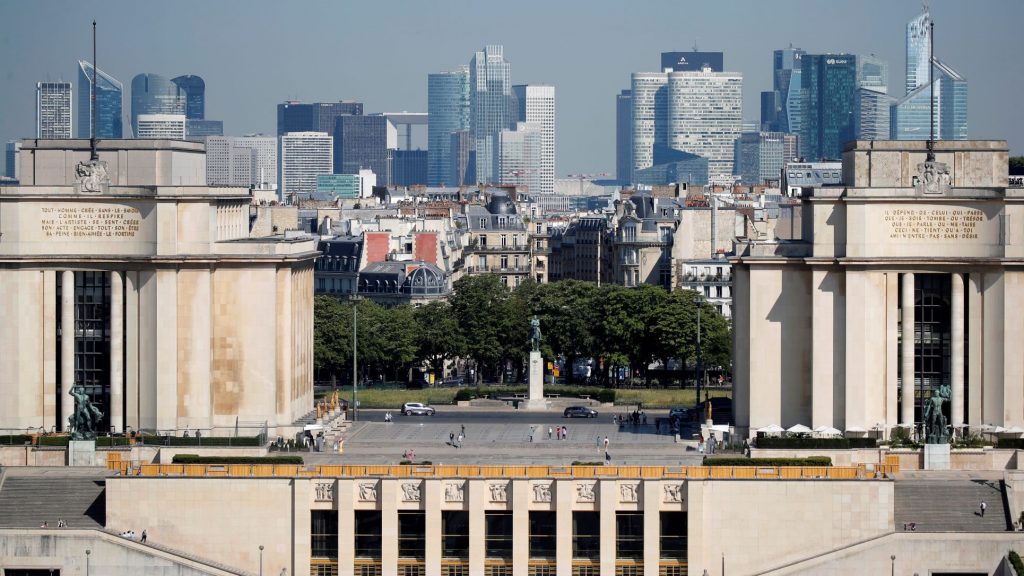
Euro zone business growth unexpectedly accelerated this month, with the bloc’s dominant services sector seeing a sharp increase in activity as consumers shrugged off soaring prices, a survey showed.
Manufacturers, however, struggled as supply chain disruptions caused by the pandemic have been exacerbated by Russia’s invasion of Ukraine and renewed lockdowns in China.
S&P Global’s Flash Composite Purchasing Managers’ Index, seen as a good gauge of overall economic health, rose to 55.8 in April from 54.9 in March, confounding expectations in a Reuters poll for a fall to 53.9.
Any reading above 50 indicates growth.
“April saw a two-speed euro zone economy. Manufacturing came close to stalling due to ongoing supply constraints, rising prices and signs of spending being hit by risk aversion due to the war,” said Chris Williamson, chief business economist at S&P Global.
“April also saw manufacturers suffer due to a shift in demand from goods to services amid looser pandemic restrictions, most notably via a record surge in spending on activities such as travel and recreation.”
A PMI covering the services industry rose to an eight-month high of 57.7 in April from 55.6 in March. The median forecast in a Reuters poll was for a decline to 55.0.
But the factory PMI fell to a 16-month low of 55.3, from 56.5 in March, although it beat analysts’ forecast of 54.7. An index measuring output which feeds into the composite PMI sank to 50.4 from 53.1.
Growth in demand for manufactured goods waned and the new orders index fell to 51.4 from 53.7, its lowest reading since around the time the pandemic was tightening its grip and indicating no imminent turnaround.
Conversely with more of the economy reopening and life returning to a sense of normalcy, demand for services increased despite rising prices. The new business index rose to 56.4 from 54.2 a month earlier.
Inflation in the bloc was 7.5% last month, almost four times the European Central Bank’s 2% target and the latest PMI survey suggests it has further to rise. The composite output prices index was a record high 68.5, up from 65.7.
The ECB confirmed plans last week to end its hallmark stimulus scheme in the third quarter and another Reuters poll suggested the bank was likely to raise its deposit rate by the end of the year.
“The ever-rising cost of living suggests that service sector growth could cool sharply once the initial rebound from the opening up of the economy fades,” Williamson said.
“Policymakers may nevertheless tilt to a more hawkish stance, reflecting the persistence of unprecedented inflationary pressures at a time of encouragingly robust economic growth.”
(Reporting by Jonathan Cable; Editing by Susan Fenton)